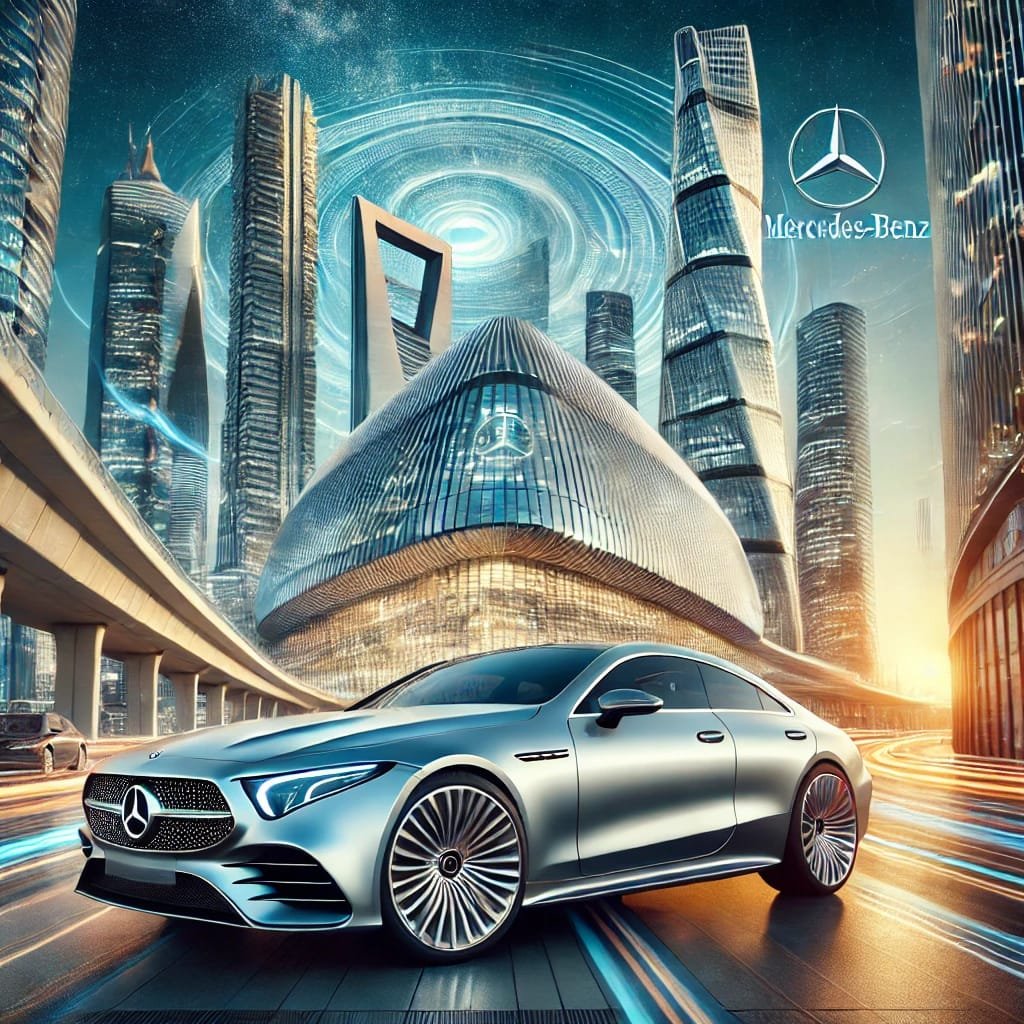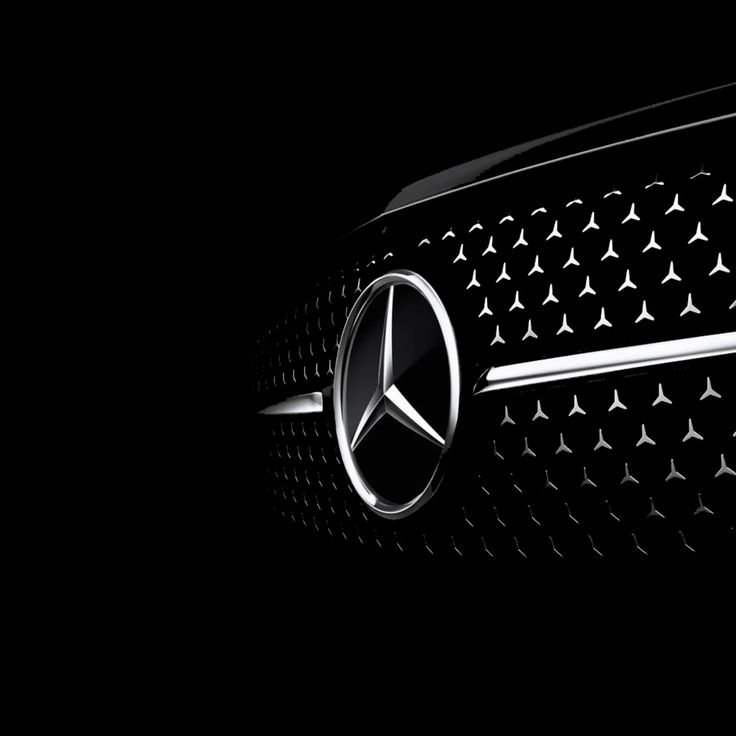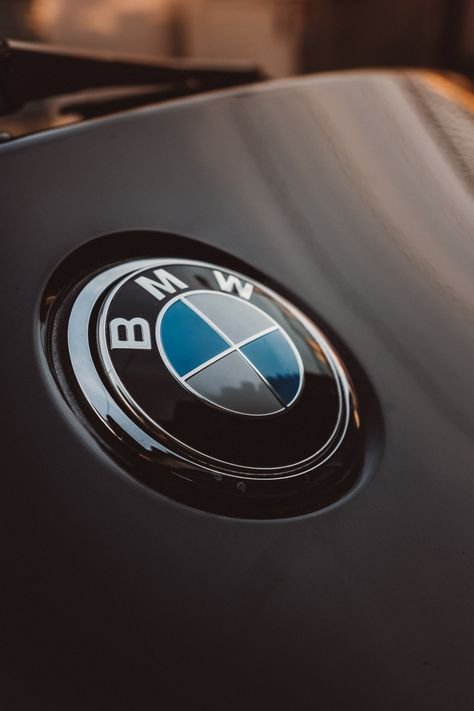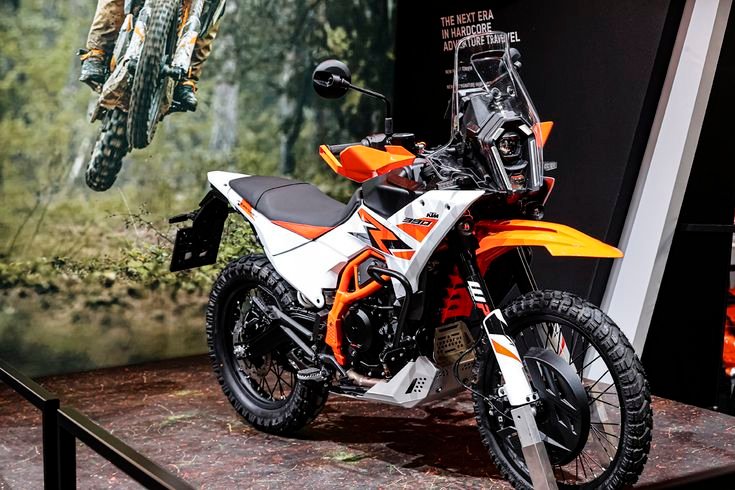
Mercedes-Benz Group AG, renowned for its luxury vehicles, is embarking on a significant strategic pivot after its initial foray into electric vehicles (EVs) fell short of expectations. The company, which has long been a leader in premium car manufacturing, is now gearing up to unveil a near-record number of new models over the next two to three years.
This product offensive will not only include new EVs but also a renewed focus on its lucrative lineup of combustion-engine vehicles. This article delves into the reasons behind Mercedes’ shift in strategy, the challenges it faces, and the future outlook for the company.
The Need for Flexibility in Transition
CEO Ola Källenius’ Vision
Chief Executive Officer Ola Källenius has emphasized the need for flexibility as the company transitions towards its goal of being carbon-neutral by 2039. In an interview, Källenius stated, “We need flexibility for longer, until deep into the 2030s.” This approach underscores Mercedes’ commitment to offering electric versions of its entire lineup this decade while ensuring its combustion-engine cars remain competitive.
Setbacks in Initial EV Efforts
Lagging Behind Competitors
Mercedes-Benz’s initial EV efforts have not matched the success of its rivals. The company’s EV lineup has struggled with high prices and design missteps, resulting in lower-than-expected sales. In the first quarter, Mercedes’ battery vehicle sales fell by 9% to 50,500 units, while competitor BMW AG surged to 82,700 vehicles.
The EQS: A Case Study
The EQS, launched in 2021 and hailed as a significant milestone, failed to meet expectations. Priced at €109,500 ($117,100), the sedan drew comparisons to a “jellybean” due to its design, which emphasized aerodynamics at the expense of passenger comfort. Particularly in China, a key market, the lack of status-symbol details like the iconic three-pointed star on the hood deterred buyers.
Strategic Shifts and Upcoming Models
Renewed Focus on Combustion Engines
In response to the tepid demand for its EVs, Mercedes-Benz is recalibrating its strategy. The company plans to spend more on developing high-tech combustion-engine cars, which continue to attract top-level buyers.
This shift is part of a broader strategy to maintain profitability while gradually increasing its EV offerings.
New Model Lineup
Starting next year, Mercedes-Benz will roll out a new generation of vehicles built on updated platforms. The entry-level CLA coupe and the GLB SUV will be among the first to debut, featuring both battery and combustion engine versions. The CLA, in particular, is set to lead the portfolio in driving assistance systems and computing power.
Electric G-Wagon
In 2026, Mercedes plans to introduce an electric compact version of the iconic G-Wagon. This move aims to blend the traditional appeal of the G-Wagon with modern electric technology, catering to the growing market for luxury EVs.
Financial Maneuvers and Cost Management
Daimler Truck Holding AG Stake
Mercedes-Benz holds a 35% stake in Daimler Truck Holding AG, which was spun off in 2021. The lockup period for this holding expires at the end of the year, potentially freeing up as much as €10.5 billion. While no decision has been made, CEO Källenius noted that this stake represents an additional reserve, offering financial flexibility.
Cost Optimization
To manage costs, Mercedes-Benz is pushing for savings in purchasing and streamlining fixed costs and non-essential spending. The company has also put two of its three joint European battery plant developments on hold. These projects, co-owned with Stellantis NV and TotalEnergies SE, are being reassessed in light of slowing EV demand, with a potential pivot to producing lower-cost cells.
Geopolitical Challenges
Impact of Tariffs on China-Made EVs
Geopolitical tensions are adding another layer of complexity to Mercedes-Benz’s EV strategy. The European Union is set to formalize provisional tariffs on China-made battery cars, with duties potentially rising to 48%. This would affect Smart models manufactured in China through Mercedes’ joint venture with Zhejiang Geely Holding Group Co. These models would face a 20% tariff on top of the existing 10%.
Open Markets and Trade Conflicts
Källenius expressed concerns about the potential trade conflict, stating, “When you have benefited from open markets as Germany has for decades, it doesn’t make sense to possibly trigger a trade conflict.” The tariffs could significantly impact Mercedes’ strategy of importing cars to Europe from its manufacturing base in China.
Market Performance and Outlook
Stock Performance
Despite the challenges, Mercedes-Benz shares have performed well, gaining as much as 2% in early Frankfurt trading. The stock is up just over 4% this year, outpacing the 0.8% rise in the Stoxx Europe 600 Automobiles & Parts Index.
Lifecycle Management
Higher spending on what Mercedes dubbed “lifecycle management” has impacted returns, which fell to 9% from 14.5% a year earlier. This spending includes costly design upgrades, such as the upcoming facelift of the EQS, which will feature more back seat comforts and the return of the star on the hood.
Future Prospects
Balancing Act
Mercedes-Benz faces the challenge of balancing the development of its combustion-engine vehicles with the gradual introduction of EVs. While the company remains committed to its goal of carbon neutrality by 2039, it acknowledges the need for combustion engines to generate superior profits for longer.
Investment in Innovation
Innovation remains at the core of Mercedes-Benz’s strategy. The company is investing in new technologies, such as advanced driving assistance systems and increased computing power, to stay competitive in both the combustion engine and EV markets.
Mercedes-Benz Group AG is navigating a complex landscape as it strives to balance its traditional strengths with the demands of the future. The company’s strategic pivot reflects a pragmatic approach to market realities, emphasizing flexibility and financial prudence.
By focusing on innovation and cost management, Mercedes-Benz aims to maintain its leadership in the premium automotive market while gradually transitioning to a more sustainable future.
The upcoming product offensive, coupled with careful financial maneuvers and a keen eye on geopolitical developments, will be crucial in determining the company’s success in the coming years.
ALSO READ: Miami International Auto Show: A Premier Automotive Event





